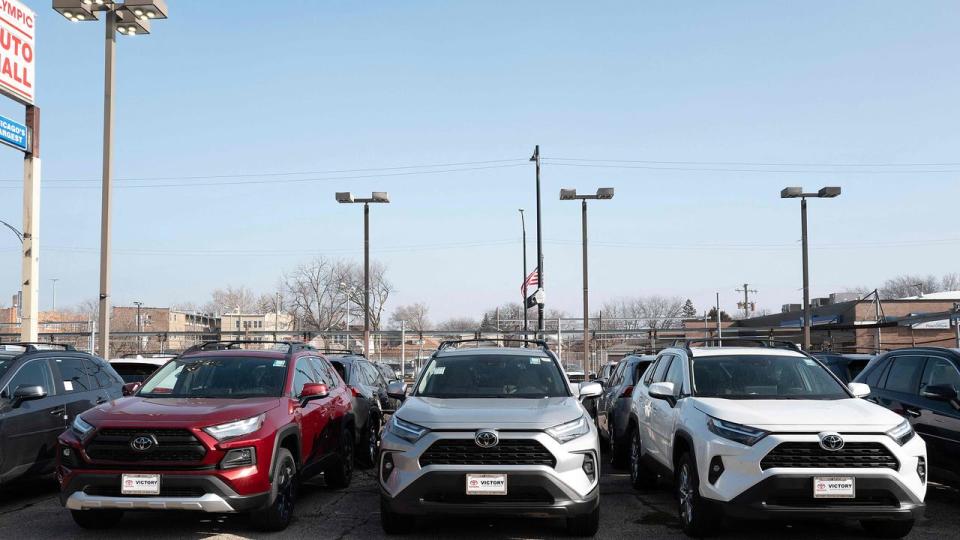‘Uncomfortable’: Car feature called out

A smart technology feature built into the vehicles of one of Australia’s most popular car brands has sparked concerns for customer privacy and a leading consumer advocacy group is calling for stronger safeguards on data collection.
Toyota’s Connected Services technology collects the personal data of drivers, including vehicle location, driving data, fuel levels, phone numbers and email addresses, according to a leading consumer advocacy group Choice.
The group said the data collected by the feature could potentially be shared to various third parties, including insurance companies and debt collection agencies.
“Concerningly, Toyota’s Connected Services policy says if you do not opt out, it will collect and use personal and vehicle data for research, product development and data analysis purposes,” Choice senior campaigns and policy adviser Rafi Alam said.
“Toyota says it needs consent to share your information in some cases, but Toyota’s policies are incredibly vague about what actually counts as ‘consent’.”

A Toyota customer, Matthew, told the advocacy group that he spent $68,000 on a Toyota HiLux last year but started receiving emails requesting he sign up for Toyota Connected Services shortly after the vehicle became available for collection.
Matthew said he was not informed about the car feature.
“Mathew told us the more he looked into the policy, the more uncomfortable he felt having this technology in his car,” Mr Alam said.
“He asked Toyota if the technology could be removed – not simply deactivated – prior to picking up the car, but they said removing it would void the warranty and his insurance would likely also be at risk.”
Matthew was reportedly told by a Toyota dealer that removing the feature would likely put his insurance at risk
Matthew later cancelled his finance and never picked up the new HiLux.
Despite this, the organisation said Toyota “refused to refund his $2000 deposit” and only did so when Choice reached out to the brand.
A Toyota Australia spokesman said the company takes customer privacy extremely seriously and is committed to resolving customer queries.
“Toyota and our dealers are committed to resolving customer concerns efficiently and effectively, and in accordance with their rights under the consumer guarantees in the Australian Consumer Law,” they said in a statement.
The spokesperson confirmed it is “standard process” to inform customers of the feature as part of the sales contract and to ask customers to sign confirmation they “have been informed and agree to those services being activated”.
The spokesman also confirmed that removing the feature will not void the the vehicle’s warranty, unless the customer chooses to have it removed by a non-Toyota repairer.
Mr Alam said Australians shouldn’t have to give up their privacy for a car.
“Privacy problems are fast becoming a real issue with cars, as just about every new vehicle seems to have a ‘smart’ connection installed. A report released by Mozilla Foundation last year found cars are one of the worst product categories when it comes to privacy protections,” Mr Alam said.
“Car companies say these technology features increase driver safety, but in a world of data hacks and sharing, it’s just another way for companies to gather valuable information whether consumers like it or not.”
“The government urgently needs to introduce stronger safeguards and prohibitions on the collection and use of this kind of highly personal data. People shouldn’t have to give up their privacy rights in order to purchase a new car.”
Toyota has been contacted for comment.

 Yahoo Finance
Yahoo Finance 